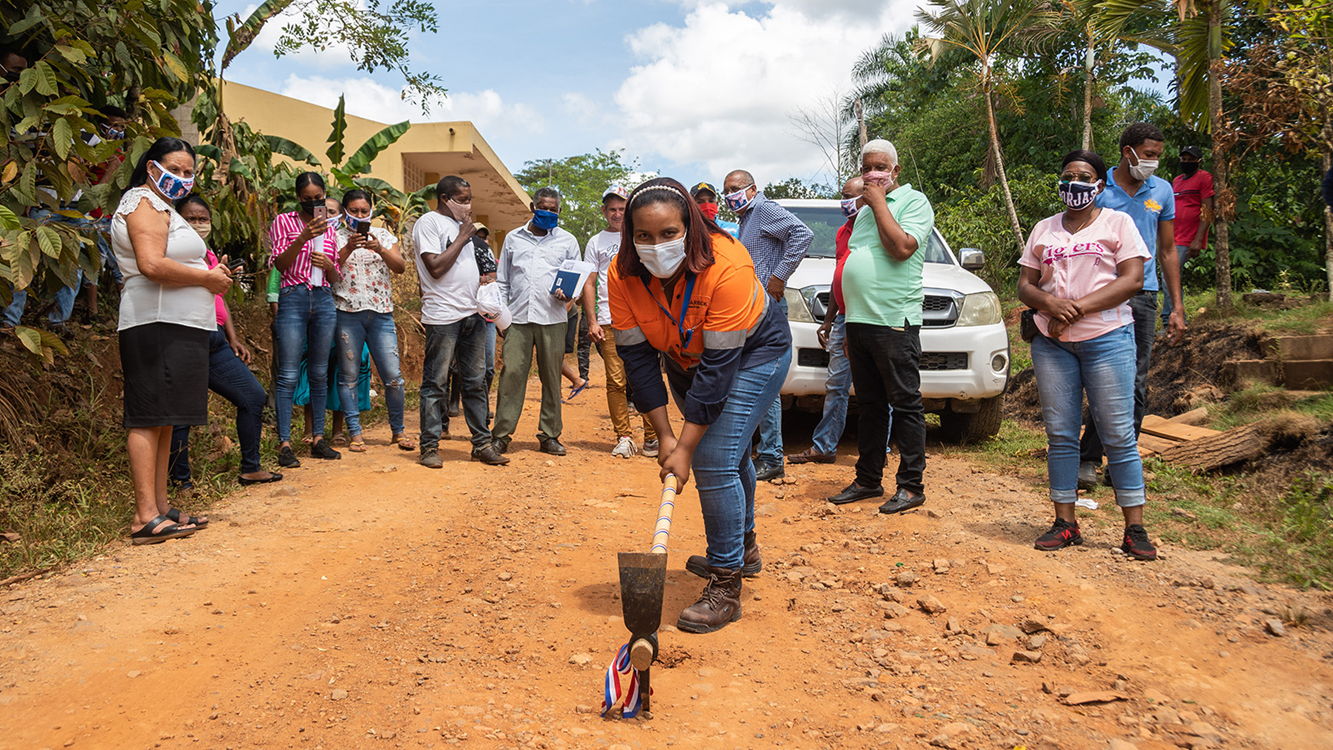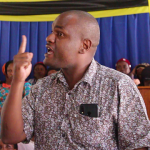Barrick Gold Corporation (NYSE:GOLD) (TSX: ABX) welcomed the release of the World Gold Council’s report highlighting the role of its members in contributing to socio-economic development in the countries and communities in which they operate. According to the report, available at
Barrick’s status as an industry leader in socio-economic development was underscored by the comparison between its performance and the industry wide figures reported by the World Gold Council:
97% of Barrick’s employees and contractors were host country nationals, compared to 95% reported cumulatively by the World Gold Council member companies;
Barrick paid $1.8 billion out of the total $7.6 billion reported in taxes, royalties and dividends to host governments;
$4.5 billion of the total $26 billion spent on goods and services was spent with local and national suppliers; and
Barrick’s total economic contributions amounted to $12.1 billion out of the total $37.9 billion contribution reported for the 2020 year.
Barrick president and chief executive Mark Bristow said that the company’s ability to share the benefits of mining was one of the key ways it measured its success. “We partner with our host communities and countries to transform their natural resources into tangible benefits and mutual prosperity. Additionally, we hire talented individuals from the communities closest to our mines and train them to world-class standards; we leverage our supply chain to facilitate the growth of thriving and self-sustaining businesses; and our taxes further contribute to the economic development of the countries and communities in which we operate,” he said.
“This all happened against the backdrop of the Covid-19 pandemic when our prompt and effective responses protected our businesses from the worst of the virus and provided a further opportunity for us to demonstrate our commitment to partnerships,” Bristow said.
Barrick spent more than $30 million on Covid-related community support measures in 2020 and prepaid more than $300 million in taxes and royalties. It also supported communities through a number of initiatives ranging from medical supply donations to local hospitals, loans to small businesses, setting up food banks and delivering food packages.
” id=”link-1638435450354″>http://www.gold.org, this contribution amounted to almost $38 billion in 38 countries last year, in the form of payments to governments, employees and suppliers.
Barrick’s status as an industry leader in socio-economic development was underscored by the comparison between its performance and the industry wide figures reported by the World Gold Council:
97% of Barrick’s employees and contractors were host country nationals, compared to 95% reported cumulatively by the World Gold Council member companies;
Barrick paid $1.8 billion out of the total $7.6 billion reported in taxes, royalties and dividends to host governments;
$4.5 billion of the total $26 billion spent on goods and services was spent with local and national suppliers; and
Barrick’s total economic contributions amounted to $12.1 billion out of the total $37.9 billion contribution reported for the 2020 year.
Barrick president and chief executive Mark Bristow said that the company’s ability to share the benefits of mining was one of the key ways it measured its success. “We partner with our host communities and countries to transform their natural resources into tangible benefits and mutual prosperity. Additionally, we hire talented individuals from the communities closest to our mines and train them to world-class standards; we leverage our supply chain to facilitate the growth of thriving and self-sustaining businesses; and our taxes further contribute to the economic development of the countries and communities in which we operate,” he said.
“This all happened against the backdrop of the Covid-19 pandemic when our prompt and effective responses protected our businesses from the worst of the virus and provided a further opportunity for us to demonstrate our commitment to partnerships,” Bristow said.
Barrick spent more than $30 million on Covid-related community support measures in 2020 and prepaid more than $300 million in taxes and royalties. It also supported communities through a number of initiatives ranging from medical supply donations to local hospitals, loans to small businesses, setting up food banks and delivering food packages.






